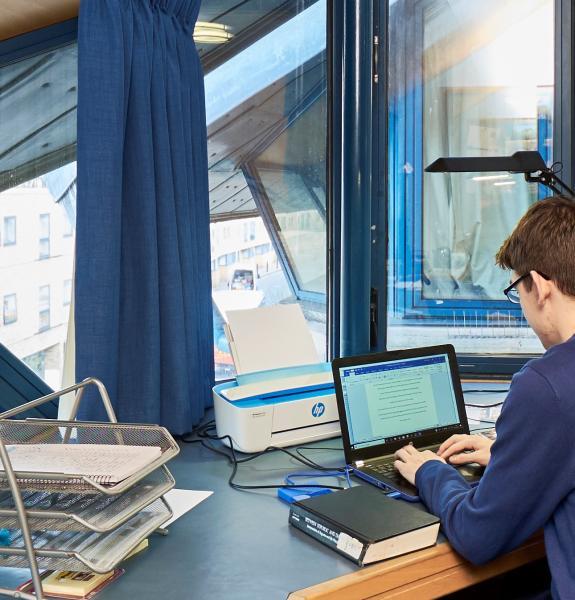Regular Webinar: Personal Statements & Competitive Applications
We run a popular Christ's Regular Webinar from Spring until August each year, with information and tips for writing your Personal Statement and what to include. Why not join us for further advice and examples? See here for details and the next dates and times.


